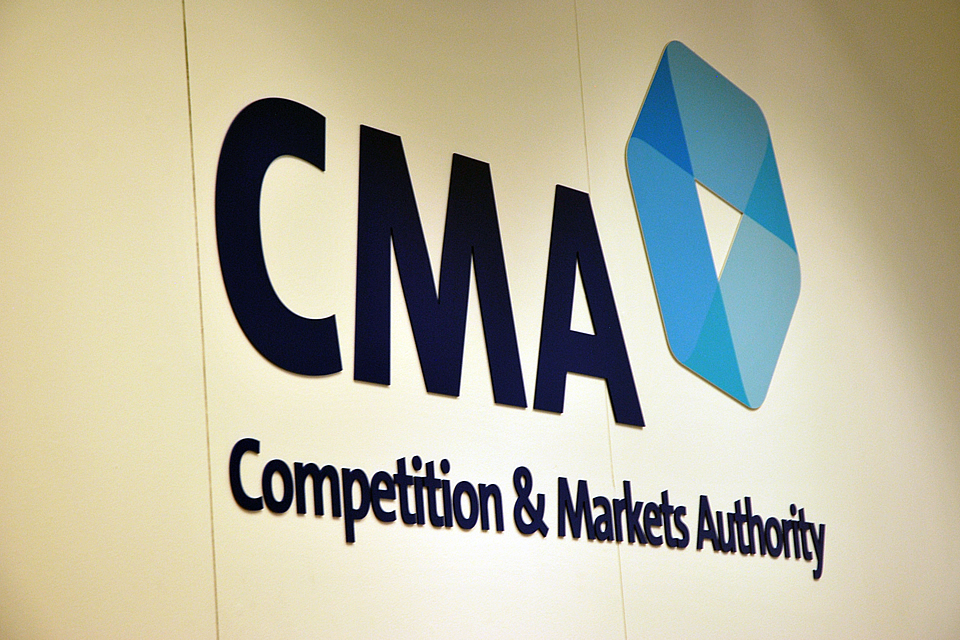
UK competition regulator the Competition and Markets Authority (CMA) has blocked Microsoft’s acquisition of Activision Blizzard.
The decision is a major rebuttal of Microsoft’s gaming plans. Microsoft first announced its intention to buy Activision Blizzard for $68.7bn (~£50.5bn) in January 2022.

Microsoft and Activision Blizzard have announced that they will appeal the decision.
The CMA explained in its decision that it is blocking the deal primarily because of the consequences it would have on the cloud gaming market.
“The CMA has prevented Microsoft’s proposed purchase of Activision over concerns the deal would alter the future of the fast-growing cloud gaming market, leading to reduced innovation and less choice for UK gamers over the years to come,” the CMA said.
The regulatory body argued that solutions Microsoft proposed had ‘significant shortcomings’ and would have required regulatory oversight by the CMA if it proceeded. Blocking the deal, the CMA said, would instead allow market forces to continue operating and shaping the development of the cloud gaming market.
Microsoft hit out at the decision in a statement: “The CMA’s decision rejects a pragmatic path to address competition concerns and discourages technology innovation and investment in the United Kingdom.
“We’re especially disappointed that after lengthy deliberations, this decision appears to reflect a flawed understanding of this market and the way the relevant cloud technology actually works.”
The decision comes as a dramatic turnaround, with many expecting the CMA to allow the merger after it released a statement in March saying one of its three key concerns had been addressed by new evidence.
However, obstacles first arose when the UK regulator provisionally opposed the deal in a decision in February, citing fears the merger could result in higher prices, fewer choices or less innovation for gamers in the United Kingdom.
The CMA is one of several competition watchdogs investigating the deal. In December 2022, the US’ Federal Trade Commission (FTC) sued to block the merger, an early sign that the deal would face strong scrutiny from governments.
The European Commission, which is in charge of the EU’s investigation, extended the deadline for its investigation to May after Microsoft offered remedies to some of its initial concerns. The deal already has approval in some markets, including Brazil and Saudi Arabia.
“In prohibiting the deal, the CMA has not only put itself in the firing line of the merging parties, but also set an important precedent for the EU Commission and US FTC,” Alex Haffner, a competition partner at law firm Fladgate, said in a statement sent to Esports Insider.
“Whether the CMA’s decision causes the entire deal now to fall apart must be open to question, but no doubt the parties’ advisers will be thinking very carefully about how they might be able to salvage it.”
In an email to employees released publicly, Activision Blizzard CEO Bobby Kotick said he was frustrated by the hurdles and delays, but that this decision was “far from the final word” on the deal.
Activision Blizzard publishes several major esports titles, including Overwatch and Call of Duty, and runs the franchised Overwatch League and Call of Duty League for those titles. It also operates non-franchised leagues for other titles such as StarCraft and Hearthstone.
Microsoft’s bid to buy Activision Blizzard came during a turbulent time for the publisher. The deal was first announced amid intense legal pressure and public backlash following multiple discrimination and sexual harassment lawsuits filed against Activision Blizzard in 2021.
Several sponsors — including Coca-Cola, Kellogg and T-Mobile — dropped out of sponsoring Activision Blizzard’s franchised esports leagues in response to the lawsuits, according to the Washington Post. Additionally, in January, Jacob Wolf reported that several franchise teams had started a collective bargaining process against the Overwatch League in response to high costs and low revenue.
Microsoft is already a major player in the gaming industry through its ownership of gaming juggernaut Xbox. Microsoft also owns Halo creator 343 Industries, which runs the Halo Championship Series (HCS) esports league.
